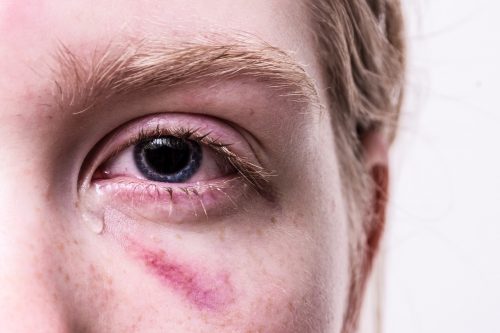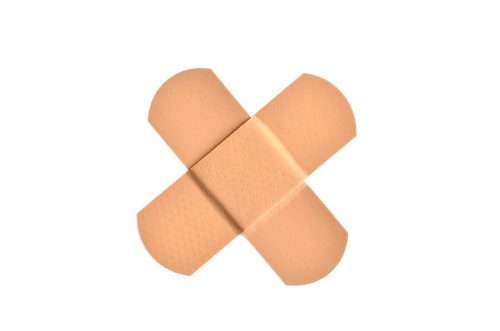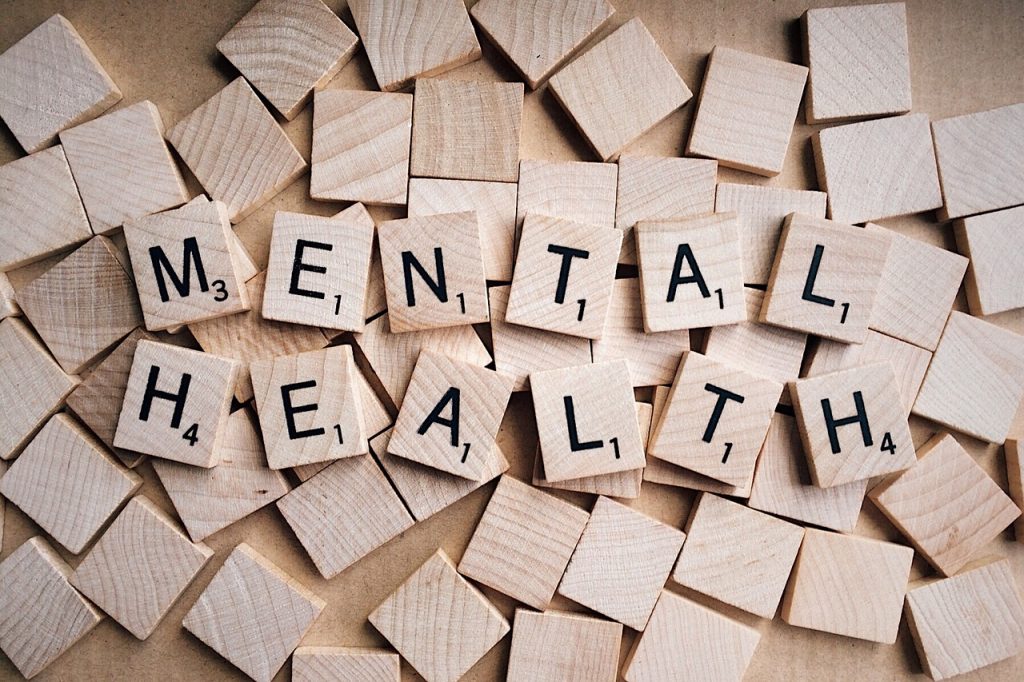[Dealing With Unexpected Life Transitions]

Source: edmonton.ca
According to Robert Taibbi L.C.S.W., “Ready or not, we all go through numerous transitions in our lives – living high school to go to college or work, changing jobs, getting married, having children.” Looking back when there were fewer demands to womanhood, being a mother at a young age was ideal. Women were allowed and expected to have a child as soon as she was physically able. But those were the days! Today, our society has expanded the context of being a woman that it has come to the point where the expectations are becoming too much to handle.
According to Avery Neal, M.A., L.P.C., “Many women do not know how to cope with change, and depending on the severity or amount of trauma the change has inflicted, women can face a difficult and painful time.”
Let me tell you a story about a certain Miss who now struggles to be a “Mrs.”
Miss was a careless young adult who had the world in the palm of her hand. She dreamed and made it into reality until one day, she fell in love, or so she thought. At the back of her mind, there was always the curiosity of how life would be if you’re living it with and for someone.
More than nine months later, Miss became Mrs. She married a knight in shining armor and lived her fairytale, but then again, so she thought. She didn’t realize that her changing of her surname was the start of her nightmares. Mr is not a knight in shining armor saving the damsel in distress, but the frog who’ll never turn into a prince no matter how many times you kiss him.

Source: beggingmoney.com
Five years later, they now have three beautiful kids. Mrs. is a picture of strength that no matter the odds, she remained faithful and firm. Little did people know that with those five years, she was physically, mentally, emotionally, spiritually, and financially abused! So much for a happy ending.
She was being beaten with little to no reason but just the fact that Mr is evil! She was drained and always left to feel worthless. She was empty- there was no space for growth anymore. All she was good for was assuring the wellbeing of her family. But who would look after her? She was alone in a room that’s crowded with her soul crushed with no faith to save her. And how can it be that she was forsaken to worry about the future of her children?
It isn’t the life that she thought she’d have when she decided to become Mrs., but she can’t turn back now. She needs to gather more strength than she ever had in the last five years. She needs to overcome her challenges to become whole again for her sake and the sake of her children.

Source: gilliansplace.com
There is no such thing as too late when it comes to living. “It’s good to know about these perspectives on life transitions, because they show us that there’s nothing inherently bad about change,” says Susan Krauss Whitbourne, Ph.D. It’s about taking each downfall as an opportunity to rise, and as we may think that we’re alone, there are people out there who care more than we know. Don’t be a sad story. You have the power to turn your world upside down. It is about recognizing your mistakes, the people who caused you pain and your part in making it happen. But don’t stop there! Move forward and acknowledge help from people who love you! You owe them the courage to love and respect yourself again.














